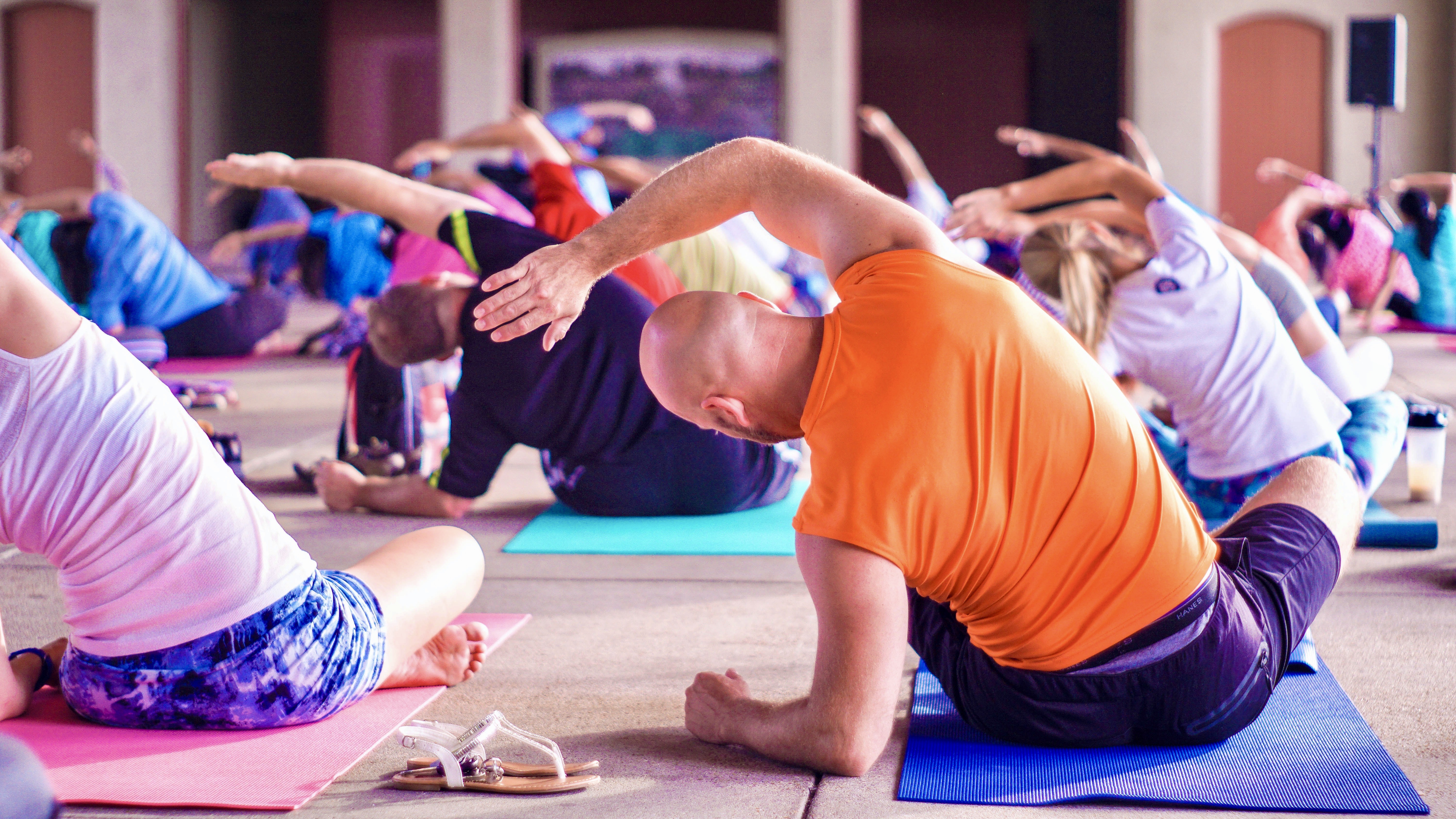Don't focus on weight loss – focus on getting fit instead to see results, says research
Don't look at weight loss to measure success, as physical fitness outweighs the number on the scale


Start your week with achievable workout ideas, health tips and wellbeing advice in your inbox.
You are now subscribed
Your newsletter sign-up was successful
Measuring weight loss daily and weekly can be a miserable experience. Your body gains and loses weight on a daily basis, depending on your hormones, bowel movements and all sorts of other completely normal functions. Measuring every pound lost and gained can lead to frustration and potentially unhealthy lifestyle practices.
Although the best exercises for weight loss and eating healthily are beneficial for burning fat, the scale doesn't account for you building lean muscle (which is naturally very dense and heavy), nor does it commend you for the effort you've made in showing up every day. If you have several weeks in which the number on the scale stays the same, or increases, it could cause you to fall back on unhealthy habits such as binge eating.
Instead, scientists recommend avoiding the scale and judging your success by how much physical activity you do instead. Researchers from the College of Health Solutions at Arizona State University found that employing a "weight-neutral" approach to the treatment of obesity-related health conditions reduces the health risks associated with yo-yo dieting.
The scientists looked at several meta-studies across a range of time periods, finding "strong and consistent associations" between mortality risk reduction and increasing fitness and physical activity.
The association between mortality risk and intentional weight loss was lower, indicating that it's more important to increase the amount of exercise you do than worry about what's on the scale.

Glenn Gaesser of the College of Health Solutions said: "We realize that in a weight-obsessed culture, it may be challenging for programs that are not focused on weight loss to gain traction.
"We're not necessarily against weight loss; we just think that it shouldn't be the primary criterion for judging the success of a lifestyle intervention program."
Start your week with achievable workout ideas, health tips and wellbeing advice in your inbox.
So how should you measure success? Well, if you're a total fitness beginner, you could increase the number of minutes you spend exercising each week. Low-intensity exercise such as walking or cycling is a great place to start, as you can set a timer (or jump on one of the best exercise bikes) and simply move for the prescribed amount of time.
Once you're exercising regularly as a habit, you might choose to up the intensity, opting for a certain goal such as completing an eight-week Coach to 5K program.
Finally, consider making some healthy food swaps, starting with simple ones like switching sugary sodas for water. Hydration will improve your exercise performance, increase the health of your internal organs, and even help lose weight according to John Hopkins University. Keep one of our best water bottles on deck.
Matt Evans is an experienced health and fitness journalist and is currently Fitness and Wellbeing Editor at TechRadar, covering all things exercise and nutrition on Fit&Well's tech-focused sister site. Matt originally discovered exercise through martial arts: he holds a black belt in Karate and remains a keen runner, gym-goer, and infrequent yogi. His top fitness tip? Stretch.
